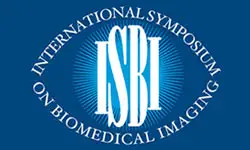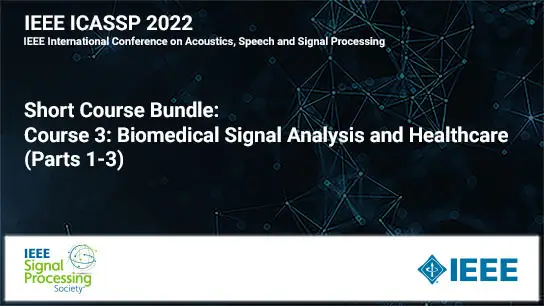A Contrastive Learning-Based Approach To Measure Spatial Coupling Among Brain Networks: A Schizophrenia Study
Reihaneh Hassanzadeh, Vince Calhoun
-
Members: FreeSPS
IEEE Members: $11.00
Non-members: $15.00Length: 00:04:47
28 Mar 2022
Resting-state functional magnetic resonance imaging (rs-fMRI) has become a widely used approach for detecting subtle differences in functional brain fluctuations in various studies of the healthy and disordered brain. Such studies are often based on temporal functional connectivity (i.e., the correlation between time courses derived from regions or networks within the fMRI data). While being successful for a number of tasks, temporal connectivity does not fully leverage the available spatial information. In this research study, we present a new perspective on spatial functional connectivity, which involves learning patterns of spatial coupling among brain networks by utilizing recent advances in deep learning as well as the contrastive learning framework. We show that we can learn domain-specific mappings of brain networks that can, in turn, be used to characterize differences between schizophrenia patients and control. Furthermore, we show that the coupling of intra-domain networks in the controls is stronger than in patients suffering from the disorder. We also evaluate the coupling among networks of different domains and find various patterns of stronger or weaker coupling among certain domains, which provide additional insights about the brain.



